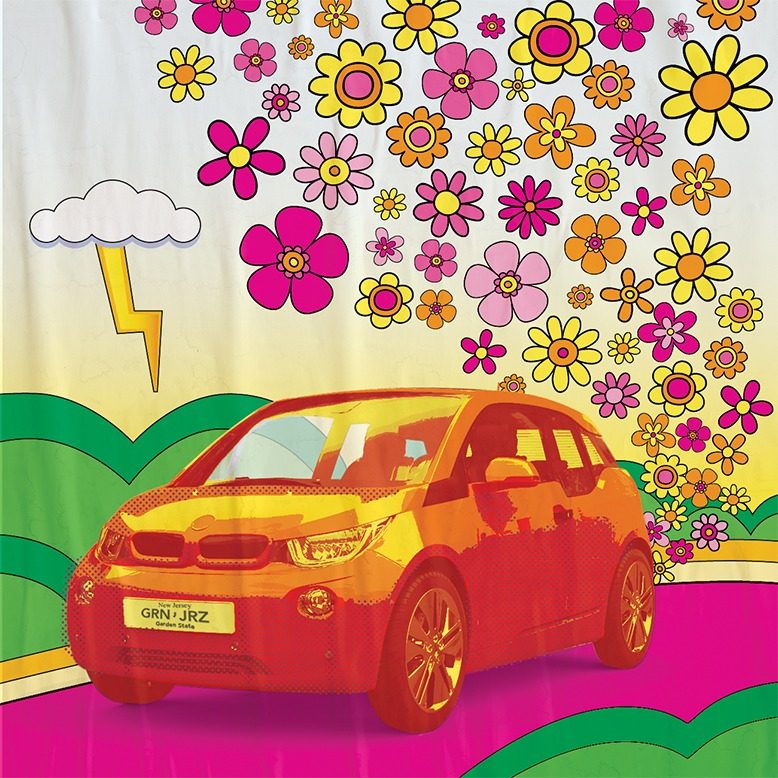
In January, the state Legislature passed landmark legislation mandating a move toward electric vehicles that should help New Jersey meet its goal of 100 percent clean energy by 2050.
The legislation—signed January 17 by Governor Phil Murphy—is a critical step toward reducing greenhouse gas emissions in the Garden State, 45 percent of which come from cars, trucks and buses.
Improving the quality of the air is essential to our future. Currently, most New Jersey counties get failing grades for ground-level ozone air pollution (smog), according to the American Lung Association’s 2019 State of the Air report, which found that smog in New Jersey, and throughout most of the mid-Atlantic, has gotten worse since its previous report.
“Ozone especially harms children, older adults, and those with asthma and other lung diseases,” says Kevin Stewart, the American Lung Association’s director of Environmental Health for Advocacy and Public Policy.
Under the new legislation, NJ Transit must phase in electric bus purchases and buy only zero-emission buses after 2032. That’s a good step, but Jeff Tittel, director of the NJ Sierra Club, a grassroots environmental organization, would like to see things move more quickly.
[RELATED: How Is Jersey Faring in the Fight Against Climate Change?]
“We would like NJ Transit to start buying electric buses sooner, since they are buying 300 fossil-fuel buses next year,” says Tittel. But, adds Tittel, “the goal is still important. In parts of New Jersey, especially in the urban core, people are choking to death on exhaust from trucks, buses and cars. On the transportation corridors, such as East Orange, Port Newark and Linden, we are having more and more bad ozone days.”
The legislation also offers buyers of electric vehicles up to $5,000 in cash-on-the-hood rebates and waives the sales tax on all-electric vehicles. “Under this law,” says Tittel, “New Jersey must have 330,000 electric vehicles by 2025. These rebates will help accelerate these purchases. But right now these rebates can only cover about 6,000 electric vehicles per year, so we would like to see more money for the rebate initiative. We need to cover about 60,000 per year to reach the goal of 2 million electric vehicles on the road by 2035.”
To put the issue into perspective, Tittel offers this comparison: There are about 6 million cars, trucks and buses in New Jersey. But, the state only has about 5.5 million acres of land.
The bill also calls for the state to have at least 400 fast-charging stations and 1,000 slow-charging stations by 2025. Additionally, 30 percent of all apartment, condo and townhouse developments would be required to have chargers by 2030, while half of all franchise hotels would need chargers by 2050. This would help create jobs, as workers would be needed to install these charging stations.
Tittel explains that electric vehicles have some benefits that don’t get a lot of attention. He says they are about 70 percent cheaper to run per mile than gasoline-powered cars; maintenance is cheaper because they only have about six component parts (compared to 2,300 in the average SUV); and you never need an oil change. “Even if it costs you a bit more to buy an electric vehicle,” says Tittel, “over time, you will save money, and the electric vehicles will last longer and will be more efficient.”
Simply put, the passage of this electric-vehicle legislation will help to protect the climate, save lives, and make New Jersey a better place to live and breathe.
